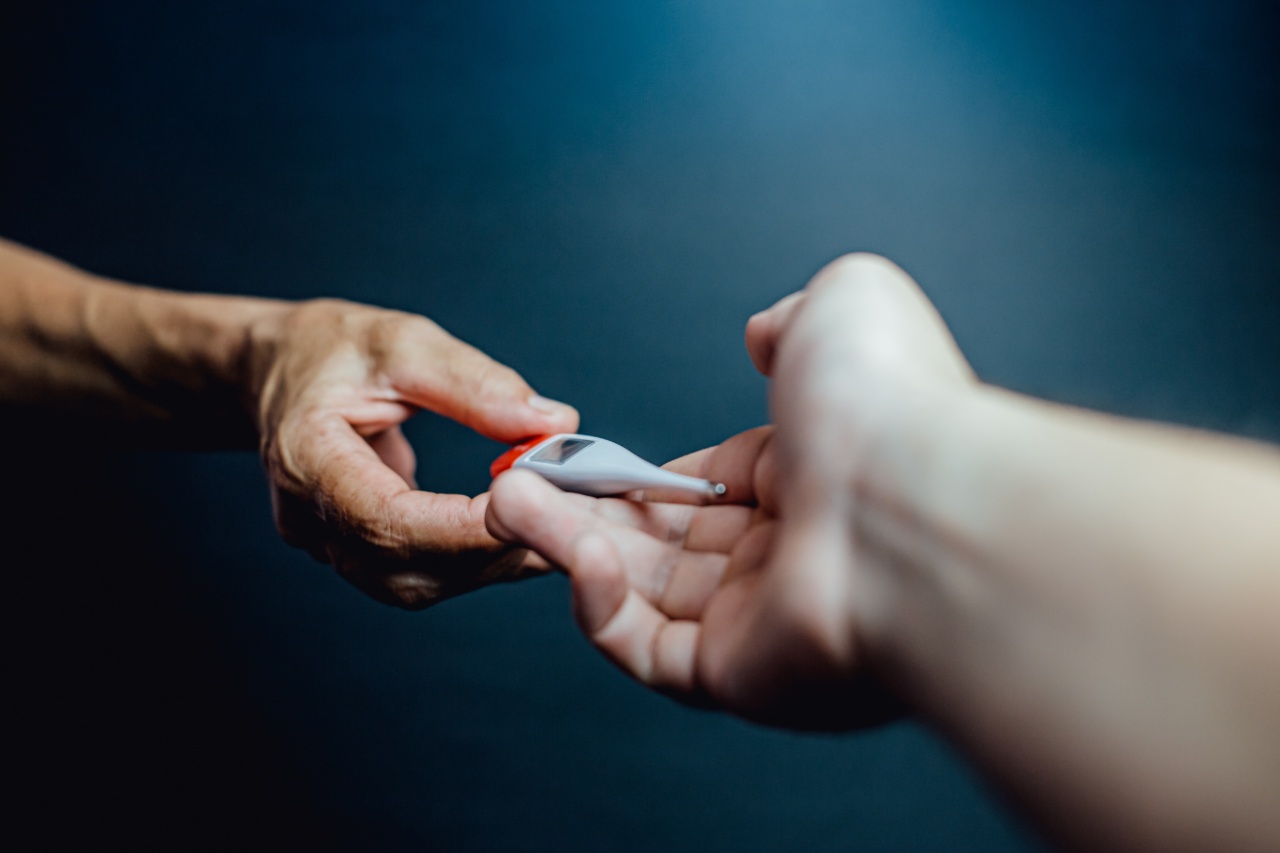Bile removal surgery, also known as cholecystectomy, is a common surgical procedure that involves removing the gallbladder.
The gallbladder is a small organ located under the liver, and its main function is to store bile, a fluid that helps to digest fats. When the gallbladder is removed, bile flows directly from the liver into the small intestine. If you have recently undergone bile removal surgery, here are some tips to help you recover quickly and safely:.
1. Follow Your Doctor’s Instructions
Your doctor will provide you with specific instructions on how to take care of yourself following bile removal surgery. Be sure to follow these instructions carefully to avoid any complications or setbacks in your recovery.
If you have any questions or concerns, don’t hesitate to ask your doctor.
2. Stay Active
It’s important to get up and move around after surgery, even if you don’t feel like it. This can help to prevent blood clots and reduce the risk of complications such as pneumonia.
Your doctor will likely recommend light activity, such as taking short walks, for the first few days after surgery.
3. Eat a Healthy Diet
Following bile removal surgery, it’s important to eat a healthy diet to aid in your recovery. Stick to low-fat, high-fiber foods, and avoid foods that are high in fat or spicy. Be sure to drink plenty of water to stay hydrated.
4. Take Pain Medication as Prescribed
You may experience some pain or discomfort following bile removal surgery. Your doctor will likely prescribe pain medication to help manage your symptoms. Be sure to take your medication as prescribed to stay comfortable.
5. Watch for Signs of Complications
While complications after bile removal surgery are rare, it’s important to watch for signs of any potential issues. Contact your doctor immediately if you experience any of the following:.
- Fever
- Severe pain
- Jaundice (yellowing of the skin and eyes)
- Inability to keep food or fluids down
6. Avoid Heavy Lifting and Strenuous Activity
Your doctor will likely advise you to avoid heavy lifting and strenuous activity for several weeks following bile removal surgery. This gives your body time to heal and reduces the risk of complications.
7. Get Plenty of Rest
It’s important to get plenty of rest following bile removal surgery. Your body needs time to heal, and getting enough rest can help speed up the recovery process.
Aim for 8 hours of sleep per night, and try to take short naps during the day if needed.
8. Attend Your Follow-Up Appointments
Your doctor will schedule follow-up appointments to monitor your recovery and ensure that you’re healing properly. Be sure to attend these appointments as scheduled and provide your doctor with any updates on your symptoms or overall health.
9. Manage Your Emotions
It’s normal to feel a range of emotions following bile removal surgery, including anxiety, depression, and frustration.
Be sure to talk to your doctor if you’re struggling to manage your emotions, and consider seeking support from a mental health professional if needed.
10. Be Patient
Finally, be patient with your body as it recovers from bile removal surgery. It takes time for your body to heal, and everyone’s recovery process is different.
Focus on taking good care of yourself, and don’t hesitate to reach out to your doctor if you have any concerns.





























